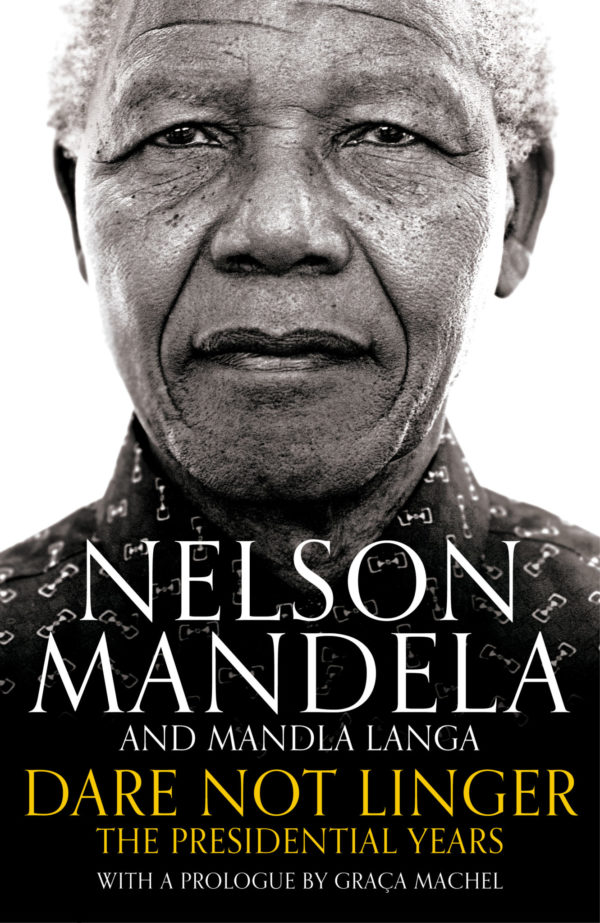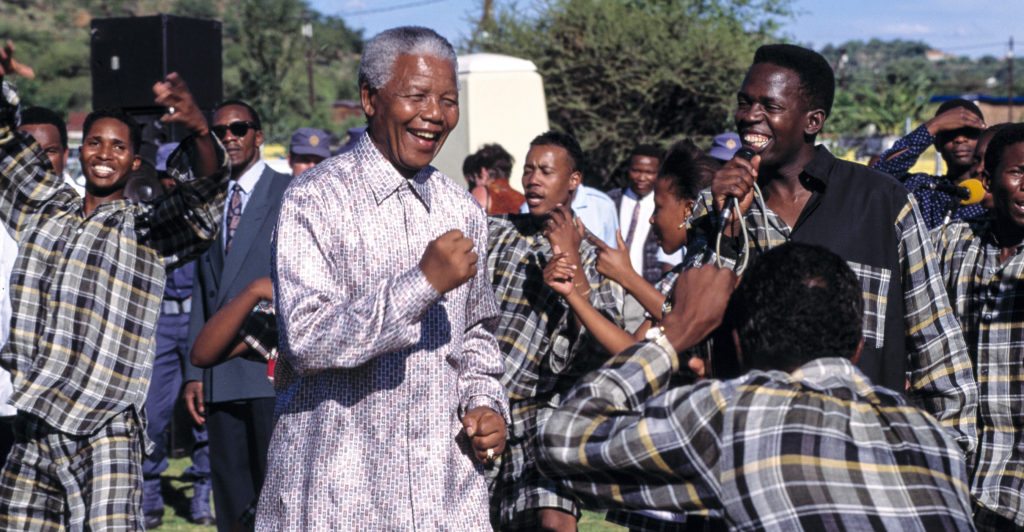Nelson Mandela is a name known by most: the man who spent 27 years in prison for protesting the South African government’s racial policies; the man who transformed a country dominated by apartheid into a functioning democracy; the man who won the Nobel Peace Prize in 1993. But Mandela’s influence is far greater than these notable achievements convey.
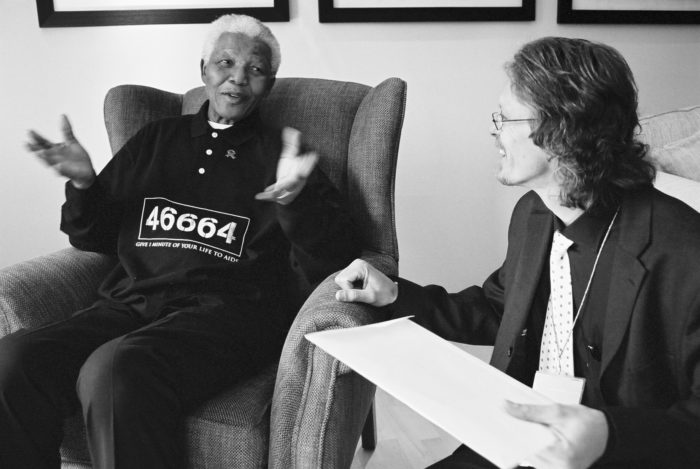
A new book about Mandela’s presidential years uses the legendary leader’s personal manuscripts to reveal the man behind the myth: meticulous, passionate and persistent. Dare Not Linger: The Presidential Years documents Mandela’s time in office, covering the challenges he faced in the complex of role of president, philanthropist and revolutionary.
Referring to Mandela as Madiba, after his clan name, Director of Archives and Dialogue at the Nelson Mandela Foundation Verne Harris notes that the book highlights the momentous amount of work he did during his presidential years. “The most important thing about this book is that it dispels the myth that Thabo Mbeki ran the government and that Madiba focused on nation-building and reconciliation; that he was a figurehead.”
Rather, Madiba was heavily involved in the day-to-day running of the government and actually micromanaged many areas. “He could drive his cabinet nuts with his attention to detail,” Harris adds.
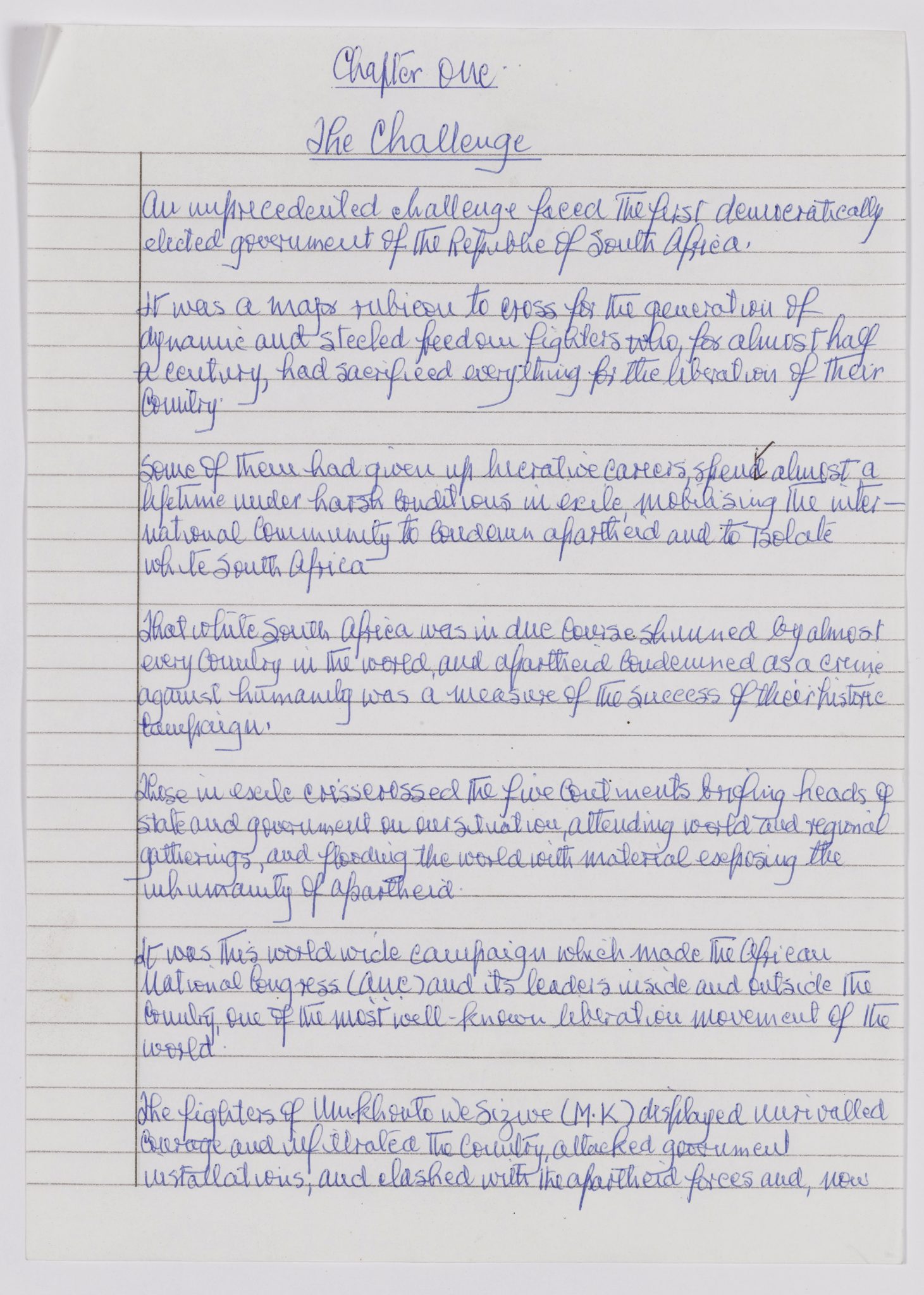
Dare Not Linger certainly succeeds in illuminating this significant point, but why do we need it now, in 2017? The book serves as a message to the present, to remind people how change can – and must – be made. “It’s saying Madiba did everything in his power to make democracy stick – let’s make sure it sticks,” Harris says. “Our democracy is in big trouble right now, and we would hope this book inspires people to keep fighting hard and complete the work he started… His biggest lesson to us all is one of endurance,” he adds. “You just keep going, keep working, don’t give up.”
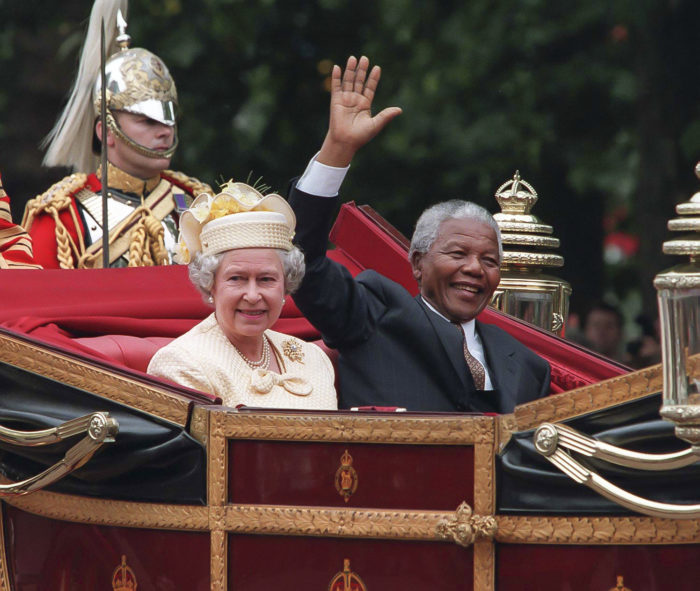
Knowing how important Madiba’s memoirs were to him, his wife, Graça Machel, approached the Nelson Mandela Foundation and asked that they finish the story. A reference team was assembled, who decided that, rather than publishing the original memoirs, an author was needed to turn the content into a compelling story. South African writer Mandla Langa was commissioned to “make it sing”, which presented new difficulties. “The biggest challenge was to hold the tension between, on the one hand, being faithful to what Nelson Mandela wanted, and on the other, to tell a gripping and significant story,” explains Harris, who was previously Deputy Director of the National Archives of South Africa.
After rigorous archival research, structural rearrangements and countless drafting, the final product was complete. Madiba had written multiple versions of his memoirs, Harris says, so they used the most recent version of each as a base and added powerful passages from earlier sections. Selecting which material to include and exclude proved another challenge. While Madiba had given the Foundation legal authority to publicize any content they chose, Harris explains that they knew some sensitive material shouldn’t be exposed. “In numerous interactions with him he made it very clear, ‘you don’t have to protect me,’” he says. Where Madiba was concerned, however, was around “protecting the dignity of other people.”
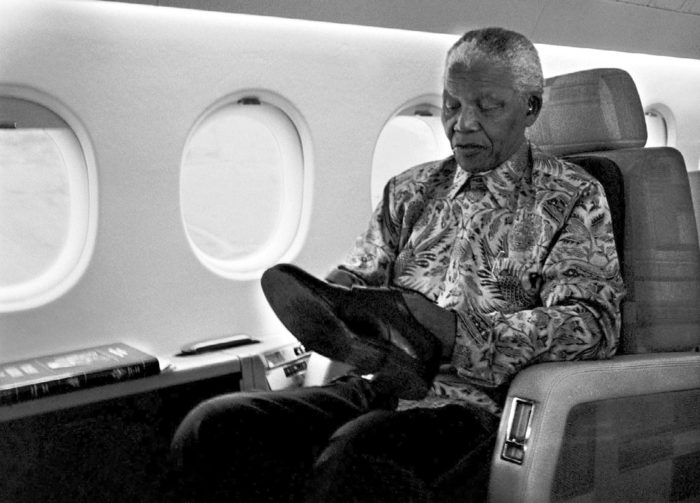
This selflessness speaks to Madiba’s altruistic and patient nature. Harris reflects on the way Madiba was treated by the public. “Everybody wanted a photograph with him, everybody wanted an autograph,” he says. “It was sad for me, relatively few wanted to just listen to him. That was what I loved about the time I spent with him, was just to listen to his stories.” He adds that Madiba himself had an “astonishing” capacity to listen, and radiated calmness. “He felt calm, he felt self-contained.” Yet he was also comical. “Mischievous. Great sense of humour,” Harris remembers. “Oh, we miss him.”
So what would Madiba think of Dare Not Linger? “I think he would say ‘well done’,” Harris says. “I hope so!”
